
A real estate agent (right) addresses a potential buyer's queries on a housing project at an agency in Taiyuan, Shanxi province, in May. (PHOTO/CHINA NEWS SERVICE)
Continued efforts in the sector key to shoring up market confidence amid slowing growth
Major Chinese cities saw new home prices in May grow at a slower pace than the previous month and pre-owned home prices dip month-on-month, triggering market expectations of more policy optimization.
Among the 70 Chinese cities tracked by the National Bureau of Statistics, 46 cities reported month-on-month growth in new home prices in May, 16 less than in April.
Smaller growth was recorded in first-tier cities against a milder drop seen in second and third-tier cities, said Sheng Guoqing, chief statistician with the National Bureau of Statistics' urban division, on Thursday.
The number of cities reporting a year-on-year price rise was 26, four more than the previous month, Sheng said.
In May, new home prices in the 70 cities saw an average growth of 0.1 percent from last month, the second month in a row that the growth rate has narrowed, and a dip of 0.5 percent year-on-year, said Yan Yuejin, director of the Shanghai-based E-house China Research and Development Institution.
The home price index showed the housing market failed to extend the market warm-up in the first quarter and more eased measures are expected to be rolled out, Yan said.
The four top-tier cities — Beijing; Shanghai; Guangzhou and Shenzhen in Guangdong province — registered a 1.7 percent growth year-on-year in new home prices, an increase of 0.1 percent from a month ago, the NBS said.
The 31 second-tier cities tracked by the NBS reported a monthly growth of 0.2 percent on average in new home prices in May and a growth of 0.5 percent from a year ago.
For 35 third-tier cities, new home prices stood flat on the month, against a drop of 1.6 percent year-on-year.
The secondary home market also saw fewer cities reporting price growth. In total, 15 cities witnessed existing home prices rise on a monthly basis in May, 21 less than the previous month. Nine cities recorded growth in prices year-on-year, the same as a month earlier.
"It is the first time since February that the 70 major cities reporting their existing homes' average prices saw negative growth month-on-month," said Chen Xiao, a senior analyst with Zhuge Real Estate Data Research Center.
The four first-tier cities reported that home prices in the secondary market slid 0.4 percent from the previous month. Compared to a year ago, these benchmark cities' pre-owned home prices grew 0.4 percent.
In the 31 second-tier cities, used home prices edged down 0.3 percent from a month ago, down 2.1 percent year-on-year. The 35 third-tier cities' existing home prices saw a mild drop of 0.2 percent in comparison with the previous month, while the year-on-year figure dropped 3.3 percent.
"The fact that all three tiers of cities' used home prices saw negative monthly growth indicates that the secondary home market is under pressure due to insufficient market confidence and expectations," Chen said.
China's investment in property development fell 7.2 percent year-on-year to 4.57 trillion yuan ($638.5 billion) in the first five months, with 3.48 trillion yuan in residential buildings down 6.4 percent year-on-year, said the NBS.
During the reporting period, completed real estate space reached 278.26 million square meters, up 19.6 percent year-on-year, among which 201.94 million sq m of residential properties were finished, up 19 percent from a year ago, it added.
From January to May, commercial housing sales fell 0.9 percent year-on-year in terms of floor area to 464.40 million square meters, but grew 8.4 percent to 4.98 trillion yuan in terms of value, during the same period, the NBS said.
Property investment and sales data show that property developers are still being challenged in terms of capital flow, which directly restricts their new project development and investment, said Chen Wenjing, director of research with the China Index Academy.
"In the short term, macro policies will continue to stabilize the broad economy, and there are also rising market expectations for further property policy optimization," she said.













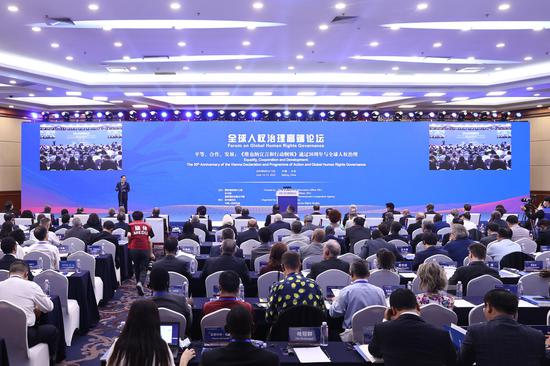

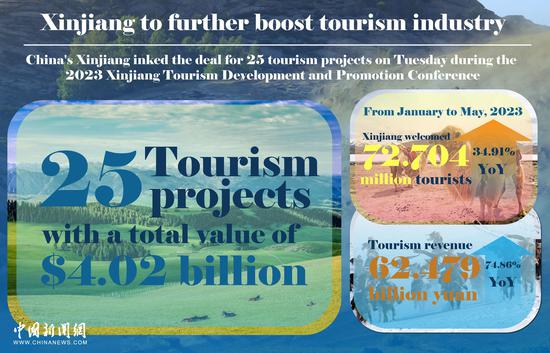


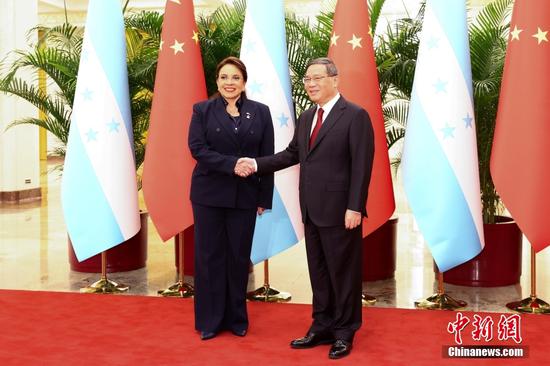










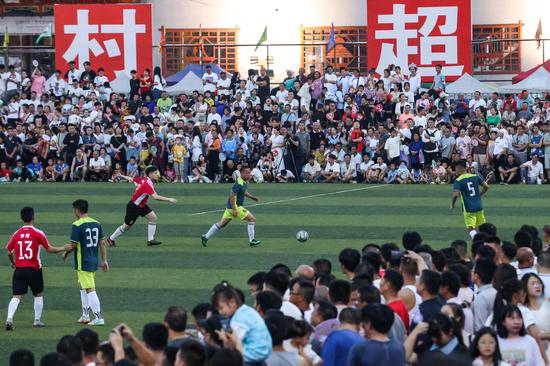
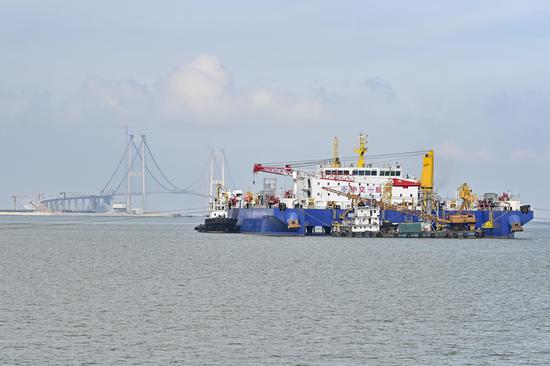
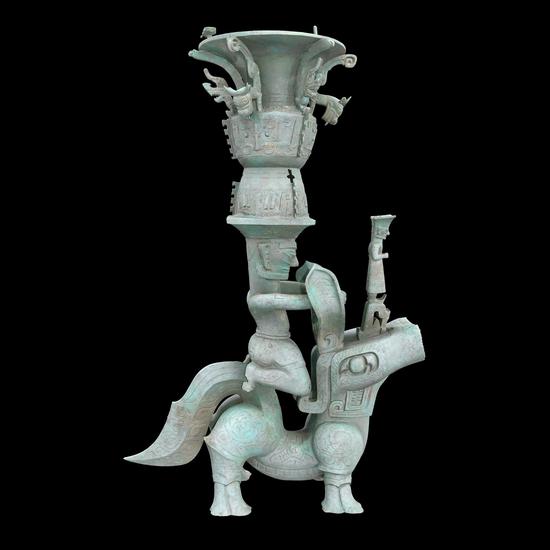





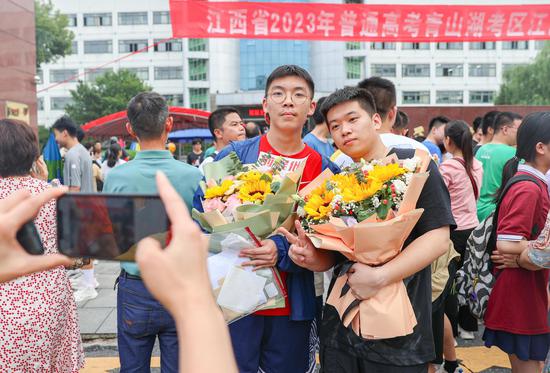





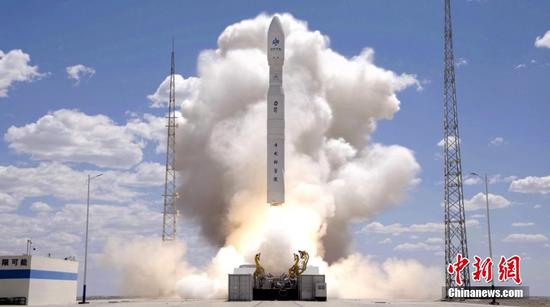






 京公網(wǎng)安備 11010202009201號
京公網(wǎng)安備 11010202009201號